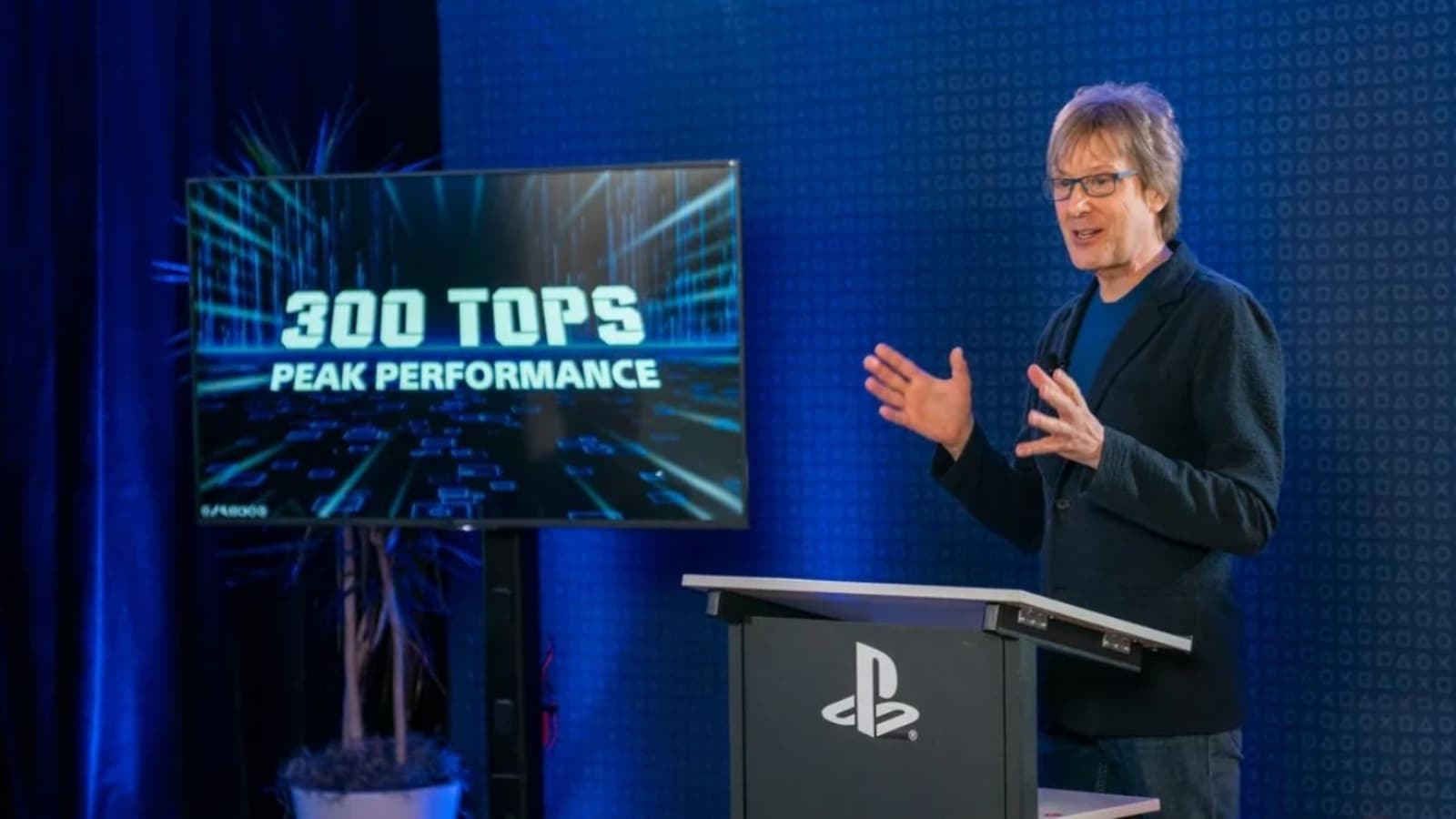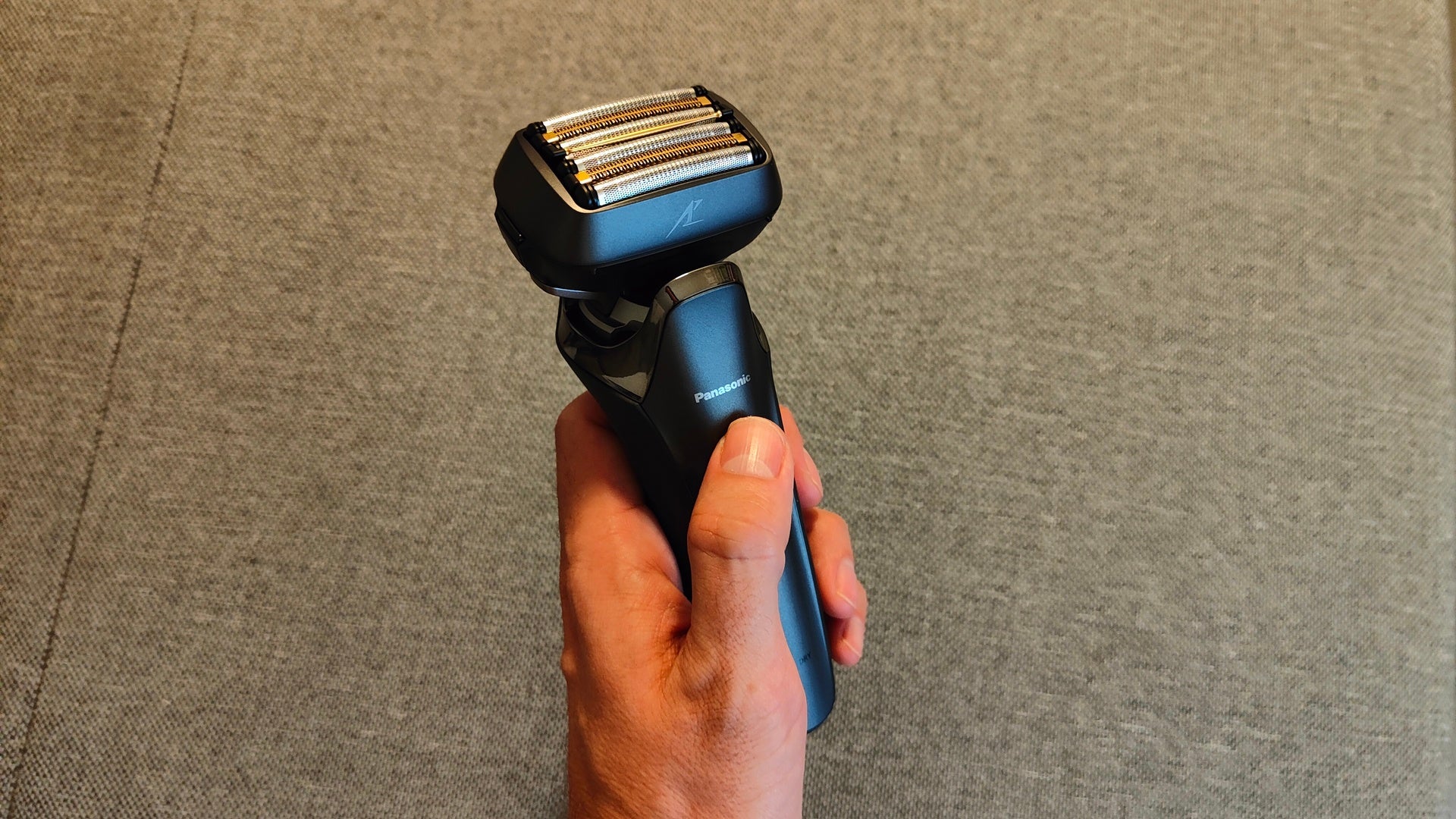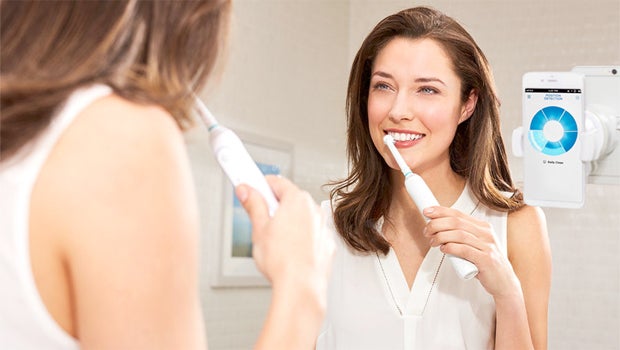Verdict
The Philips Sonicare 9900 Prestige is one of the most advanced models the company has released, combining sleek looks and handy accessories with powerful cleaning performance – all bolstered by an AI-powered app to help you brush.
Pros
- Attractive design
- Premium travel case and charging dock
- USB-C charging
- Powerful cleaning performance
Cons
- Expensive
- Changing modes via the app might be a faff
-
TimerTwo-minute timer with 30-second intervals makes sure you brush your teeth properly. -
AppSmartphone app connects via Bluetooth to help you brush your teeth evenly.
Introduction
At a penny shy under £300/$380, the Philips Sonicare 9900 Prestige is firmly in luxurious, extravagant toothbrush territory.
While it’s a far cry from the £799.99 RRP of, say, the Oral-B Series 10, it’s still a lot of money to drop on what most people perceive to be a pretty standard bit of personal grooming kit.
But with only one set of pearly whites to last us until we depart from this mortal coil, there’s absolutely no shame in paying a premium for a device that will help ensure they’re in tip-top shape for years to come.
With other excellent (and, notably, cheaper) toothbrushes readily available from Philips and other rivals, is the Sonicare Prestige 9900 worth the additional asking price? Here’s my verdict.
Design and features
- Looks great
- No screen or mode indicator
- BrushSync tells you when it’s time to replace a head
As far as toothbrushes go, the Philips Sonicare 9900 Prestige is definitely at the top end of the design spectrum. Available in Midnight and Champagne – aka, black and a very subtle pinkish rose gold – its design is understated and minimalist, with pleasantly curved lines and a sturdy, pleasantly weighty feel in the hands.
The plastic finish on my Champagne review unit has a somewhat blended matte finish, and looks rather stunning in the right light, serving up a subtle two-tone effect. But while it’s beautiful enough to warrant descriptions fitting of a luxury car, there’s a price to pay for all this minimalism. Devoid of a screen or even mode indicators found on siblings like the Philips Sonicare DiamondClean 9000, there’s absolutely zero clue to suggest what mode you’re in.
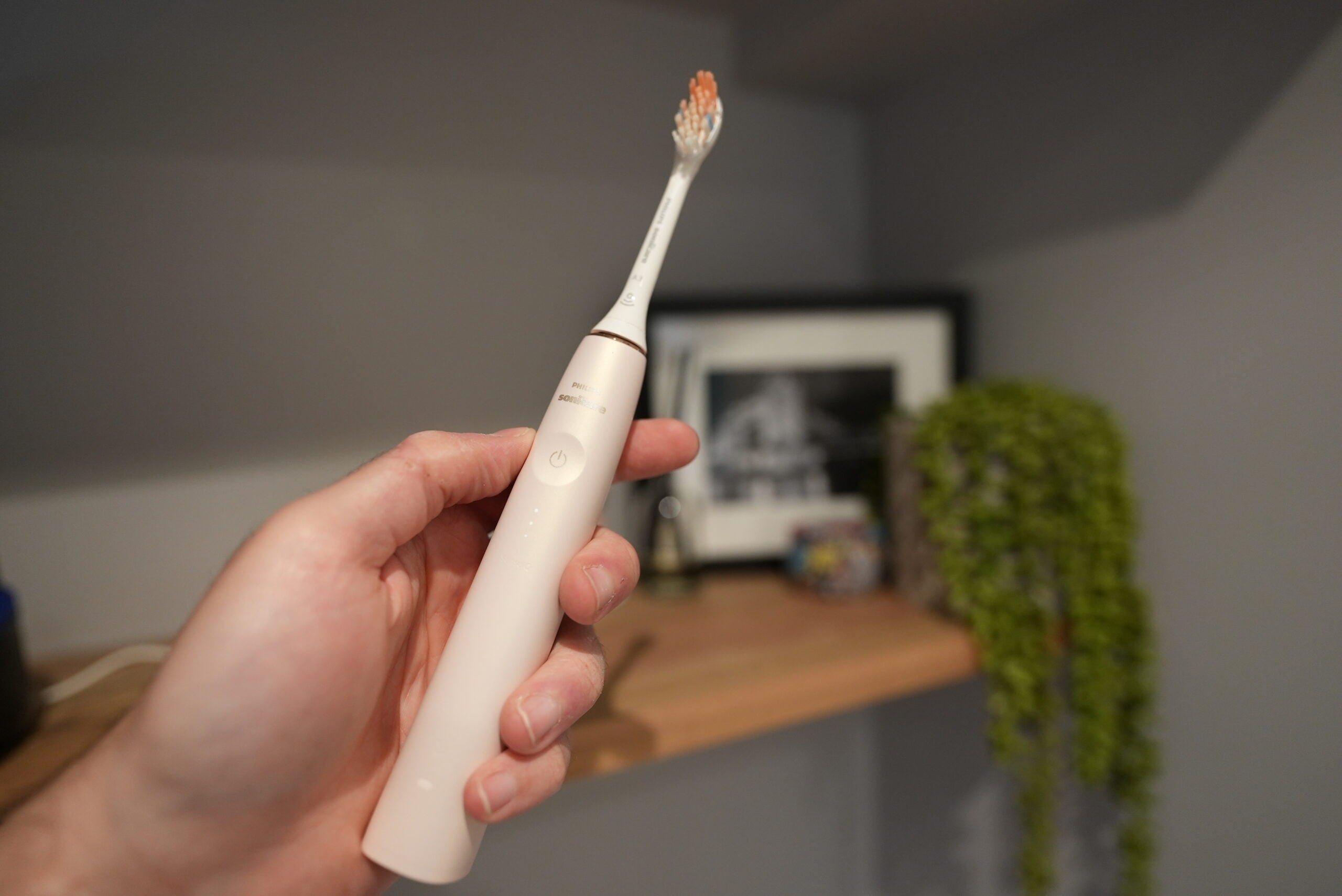
All you’ll find is an indentation for the power button, and three tiny LED dots below that, which indicate the current power level. Save the small battery indicator and the feedback light at the base (which flashes if you’re applying too much pressure), there’s nothing else to go on.
Compared to the fully-fledged OLED display of the comparatively priced Oral-B iO Series 9, you might feel like you’re getting short-changed here. But if less is more and you’re a fan of the 9900 Prestige’s pared-back design, then this won’t be an issue.
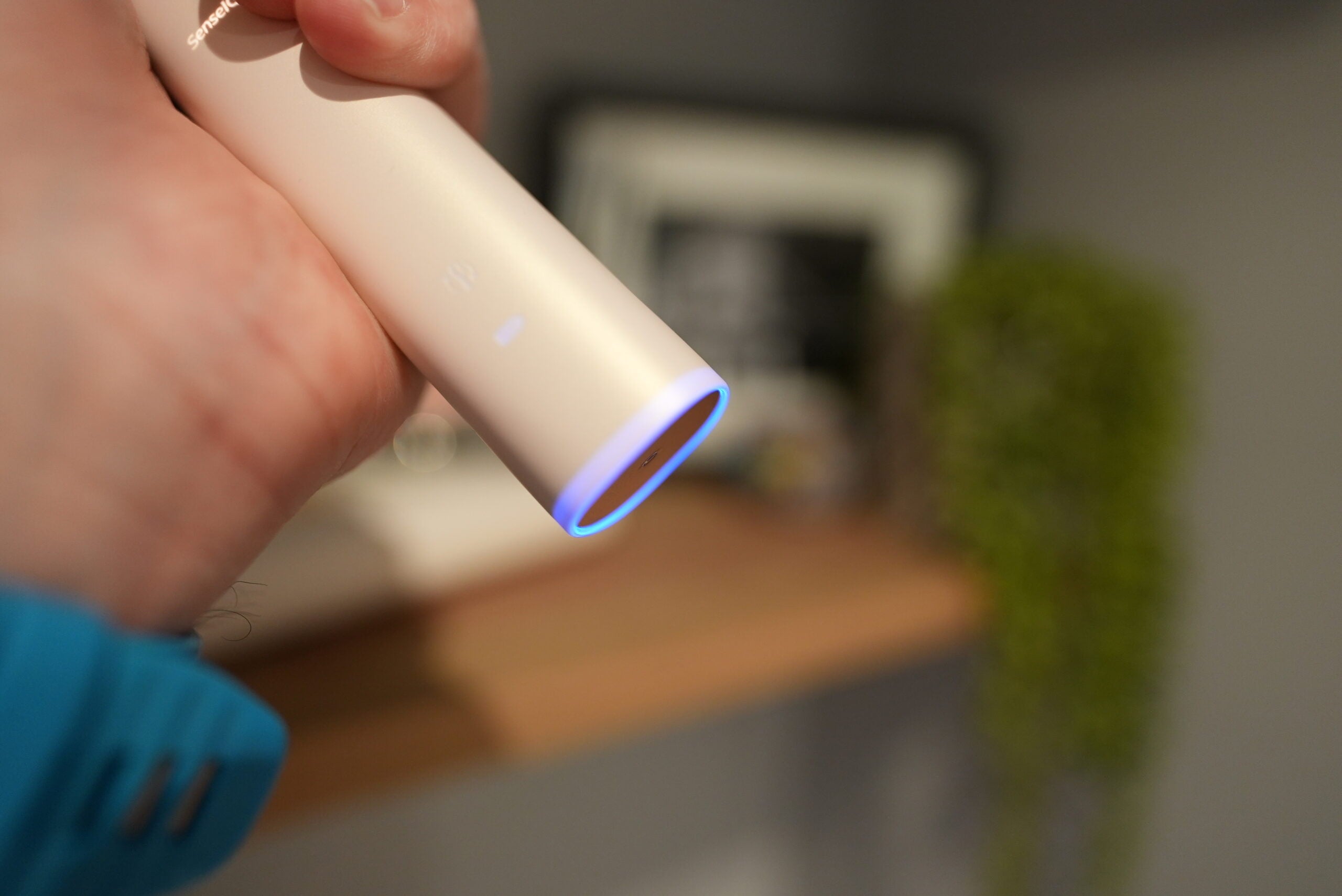
On the accessory front, you’re getting a very handsome faux leather-wrapped hard charging case, complete with a loop and shiny chrome accents.
It’s a premium bit of toiletry kit, and definitely sets this apart from even the Oral-B iO10’s much blander case.
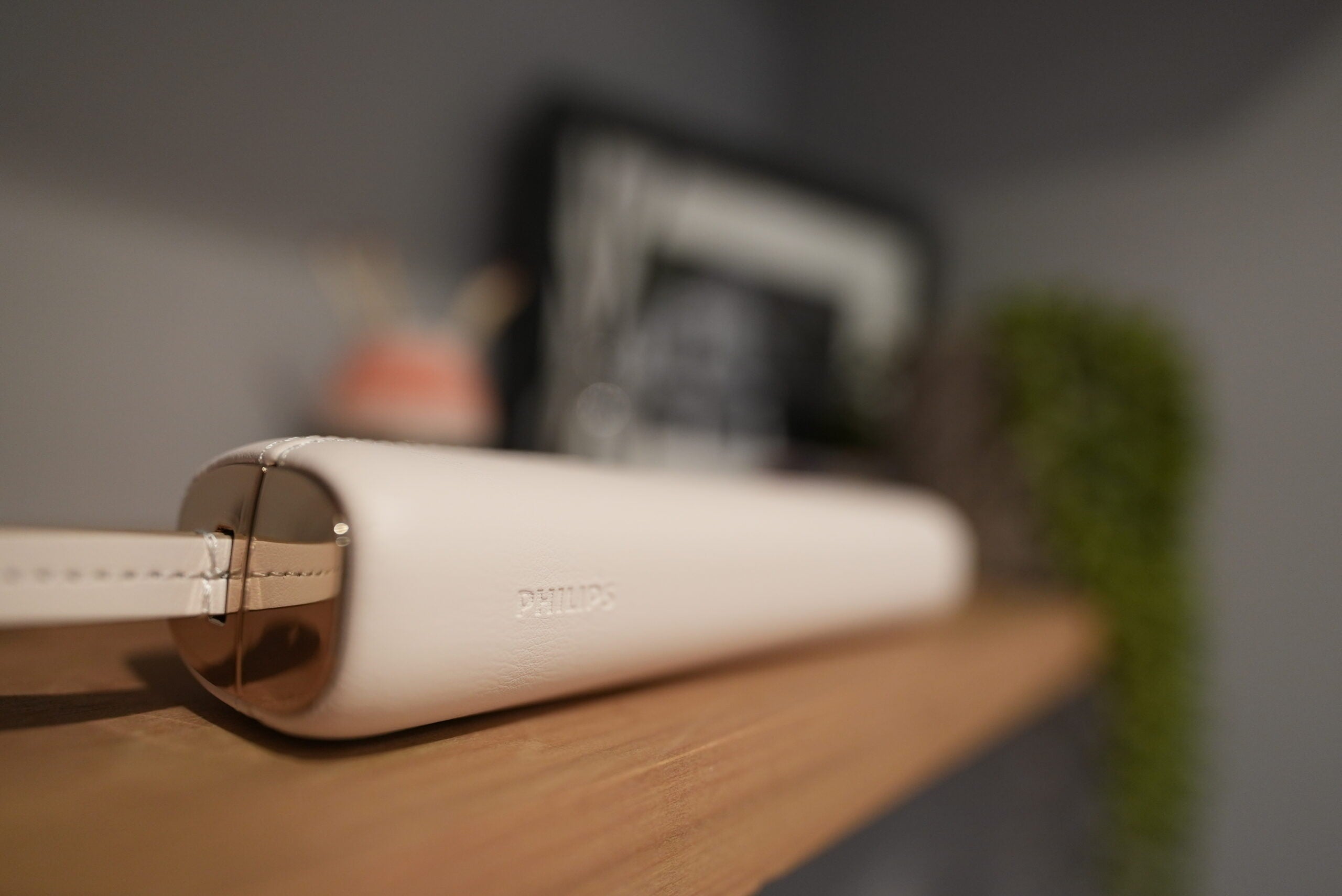
The stylish metallic charging stand (complete with a removable plastic holder for hygienic cleaning), is a looker too.
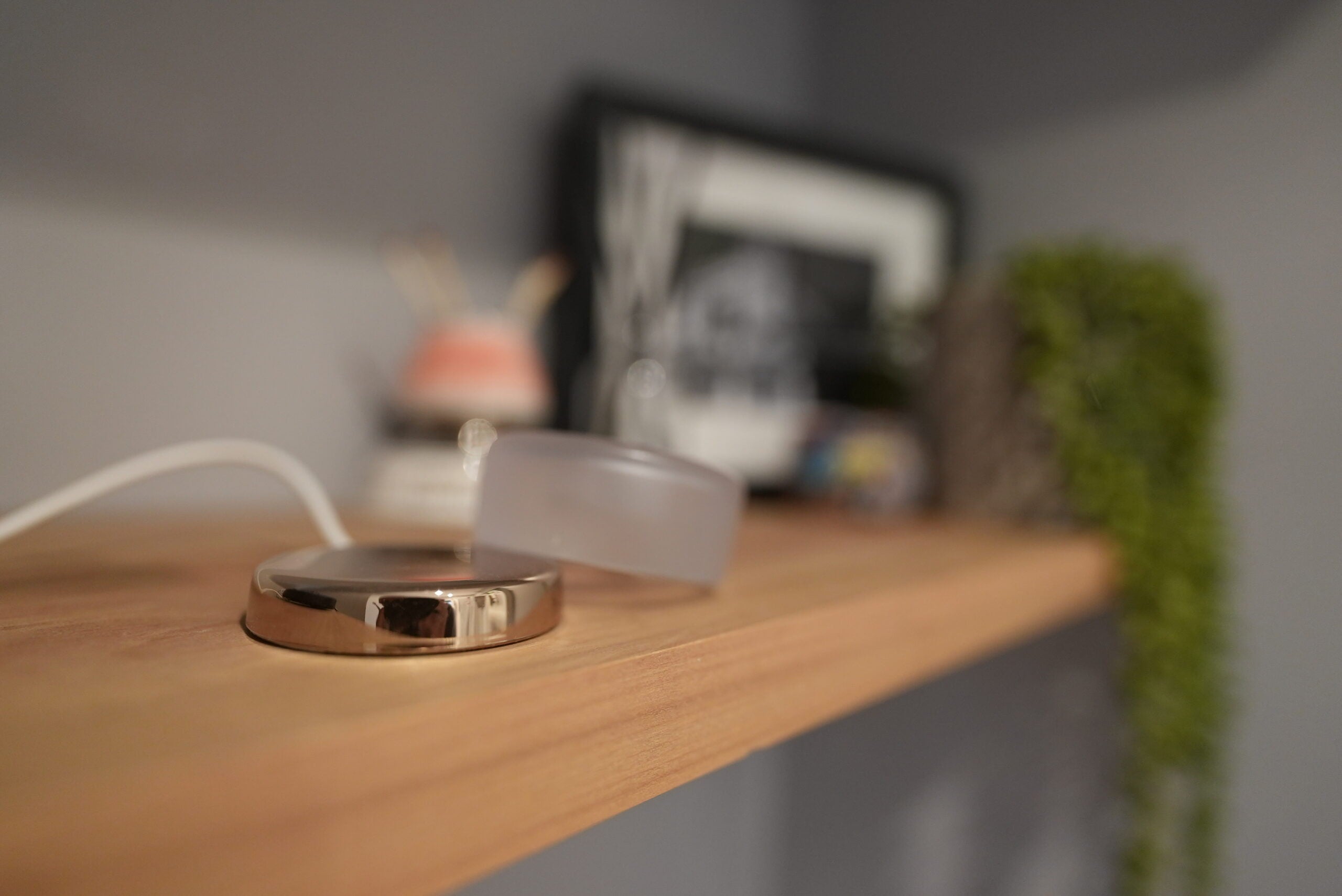
Looks aside, there’s plenty for convenience fans to appreciate as well. There’s only one all-in-one brush head available, for starters, which should cover all of your bases, from tooth cleaning and whitening to gum health.
Mercifully, USB-C charging is on the cards, too, which is a feature that I believe should be standard across all grooming gear. The battery is rated to last for around 14 days, which was bang on the mark during my twice-a-day brushing routine.
This toothbrush uses Philips’ BrushSync technology. When a new head is connected, an RFID chip tells the toothbrush to start a new counter, warning you when it’s time to replace the head.
App and features
- Lets you change modes
- Helps you brush every area
Pairing up the Philips Sonicare 9900 Prestige is as simple as turning on your smartphone’s Bluetooth and following the onscreen instructions. It’s a simple process that requires you to create an account (a requirement for most things these days, unfortunately), and you’ll also need to place the toothbrush on a flat surface to configure it for accurate tracking.
Now, given the lack of any on-device controls, the app will be a very important port of call for those constantly looking to swap up their brush modes. There are five available at your disposal. Their in-app descriptions are below:
- Clean: Removes plaque with superior efficiency in a two-minute program.
- White+: Good for removing surface stains caused by things like coffee and tea.
- Gum health: Adds extra time of reduced power brushing to gently massage your gums for better circulation and ultimately better gum health.
- Deep clean: Extended version of Clean mode is the ideal choice for when you want to pay extra attention to trouble spots.
- Sensitive: Vibrates with low power, going easier on your teeth and gums.
Even Philips states that the first regular Clean option will be enough for most people. If you’ve read all the descriptions and feel like that’s the case for you, there’s no harm in opting for a less expensive model with fewer modes. If the additional modes sound useful, there’s a decent variety on offer, depending on your needs.
Having said that, with no on-device controls to cycle through the modes, you might find it a little cumbersome to use the app each time you want to swap between them. At the very least, you can easily cycle through the intensities (high, medium, and low), by pressing the triple-dot intensity LED indicators on the brush itself.
In terms of pressure sensitivity detection, it works in a few clever ways. While the actual pressure sensitivity LED ring can be tricky to see (its purple warning glow at the base of the brush might easily be missed, even with a mirror), the 9900 Prestige has another clever trick up its sleeve.
When you’re pressing too hard, the brush itself will change its vibration pattern, to instantly and clearly let you know that you’re applying too much pressure. It’s akin to going over a rumble strip on the motorway, and it’s an extremely effective and innovative way of keeping your pressure on track. And if that wasn’t enough, the 9900 Prestige will even take matters into its own hands, by dialling down the intensity for you, if you refuse to ease off the pressure. You can turn these features off, but why would you? They’re a great selling point, in my opinion.
When it comes to the actual teeth tracking, it’s more basic compared to something like the high-end Oral-B iO10, which splits your teeth into a whopping 16 different zones. The Sonicare app, on the other hand, keeps things simple, with a total of six zones – upper and lower right and left rears, and the front top and bottom sections, respectively.
It’s a bit more basic compared to its Oral-B rival, which takes things further by actively recognising the segment you’re in and how much time you’ve spent there, but I also found it a little complicated and finicky. The Sonicare execution, while simpler, might be easier for some people to follow. And as long as you stick to each section – and make sure you brush the font, backs, and underneath of your teeth before the timer advises you to go to the next section – you should be golden.
Throw in real-time pressure alerts on your phone for an extra safeguard, automatic brush head replacement ordering, and the ability to track stats on past brushes via a handy calendar, and you’ve got yourself a premium package of features that goes someway to justifying the equally premium price tag.
Performance
- Fast bristle movement
- Works quickly
The sonic nature of the Philips Sonicare 9900 Prestige operates a little differently compared to oscillating toothbrushes. Instead of the physical rotations of oscillating models, sonic heads vibrate at incredible speeds – 64,000 bristle movements, in this case. The end result is a little unusual if you’re not used to it. It’s a more subtle experience in the sense that you can’t feel a brush head rotating against your teeth, but that’s not to say those thousands of vibrations aren’t putting in solid work.
In fact, on the highest vibration setting, the 9900 Prestige is an absolute force to be reckoned with. Electric toothbrush novices will almost certainly find the highest setting too overwhelming, and even the lower vibrations will take some getting used to. But once you do, the results are worth it.
The 9900 Prestige made quick work of beetroot and spinach on the teeth of my trusty dummy mouth model, with those powerful vibrations really showing off their muscle. This excellent cleaning performance is translated to real-world use, too, with my mouth feeling clean and fresh after each brush.
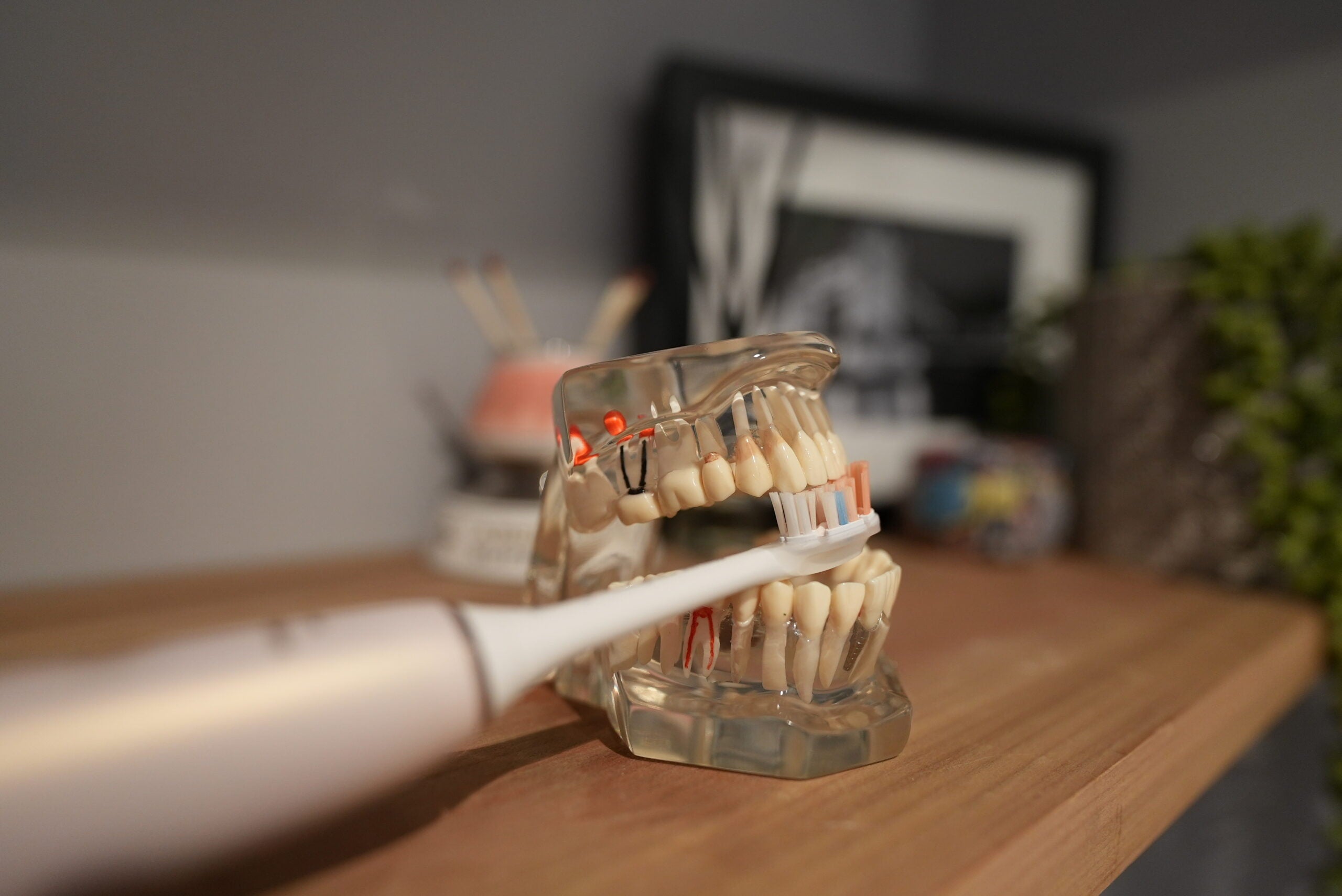
The only thing I will say, is that compared to smaller heads like those found on Oral-B brushes, the heads on the Sonicare models are a little larger, which, depending on your mouth, might make it a bit trickier to reach tighter spots, or even result in a less comfortable brushing experience.
In my case, while I could have perhaps done with a head a little on the smaller side, my brushing sessions remained pleasant, and I soon got used to it.
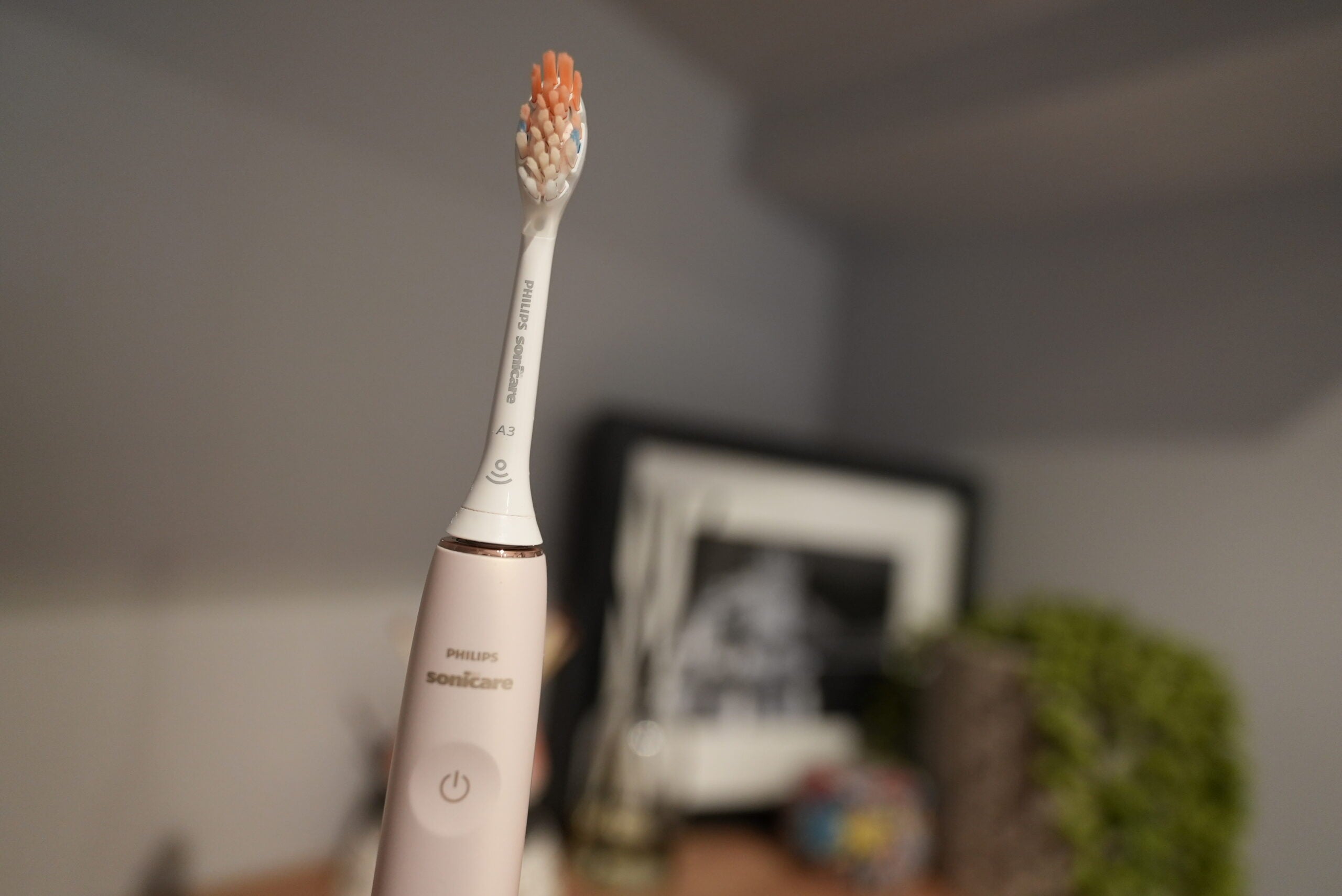
If your partner is a light sleeper, you might also want to take into consideration how loud the 9900 Prestige is compared to, say, the Oral-B iO Series. The latter is noticeably quieter, while the vigorous vibrations of Philips’ offering might potentially be a cause for concern if snoozing comrades are resting nearby.
Latest deals
Should you buy it?
You want high-end looks and excellent performance:
The Philips Sonicare 9900 Prestige looks incredible and cleans brilliantly with automatic pressure sensing.
You want more functionality:
Rivals such as the Oral-B iO Series 10 have more easily accessible features and more in-depth apps that give you more control over your brushing.
Final Thoughts
If you want a high-quality sonic toothbrush that looks slick, comes with premium accessories, and has an accompanying app for tracking granular details about your brushing habits, then the Philips Sonicare 9900 Prestige is certainly worthy of being on your shortlist.
If you’re hankering for more functionality though, then the similarly priced Oral-B iO Series 9 might be a better choice, given the inclusion of a screen and slightly more detailed tracking. If you prefer oscillating over sonic toothbrush tech, then that particular decision will be an easy one.
And let’s not forget the price. At just under £300/$380 you’re paying a hefty premium for a fancy paint job, faux leather case, and a swanky app. You could pay hundreds less for a more basic Sonicare model with the two most important features you really need – a two-minute timer and pressure sensitivity. If you’ve got money to burn and like the look of the 9900 Prestige though, then feel free to treat yourself.
How we test
We test every electric toothbrush we review thoroughly over an extended period of time. We use standard tests to compare features properly. We’ll always tell you what we find. We never, ever, accept money to review a product.
Find out more about how we test in our ethics policy.
Used as our main electric toothbrush for the review period.
Tested to see how well each brush cleans.
Tested to see what real-world battery life is.
FAQs
This technology uses an RFID chip in the toothbrush head, so that the brush can track when it’s time to replace the head.
This lets you change cleaning mode and also helps you brush your teeth evenly.
Verdict
The Philips Sonicare 9900 Prestige is one of the most advanced models the company has released, combining sleek looks and handy accessories with powerful cleaning performance – all bolstered by an AI-powered app to help you brush.
Pros
- Attractive design
- Premium travel case and charging dock
- USB-C charging
- Powerful cleaning performance
Cons
- Expensive
- Changing modes via the app might be a faff
-
TimerTwo-minute timer with 30-second intervals makes sure you brush your teeth properly. -
AppSmartphone app connects via Bluetooth to help you brush your teeth evenly.
Introduction
At a penny shy under £300/$380, the Philips Sonicare 9900 Prestige is firmly in luxurious, extravagant toothbrush territory.
While it’s a far cry from the £799.99 RRP of, say, the Oral-B Series 10, it’s still a lot of money to drop on what most people perceive to be a pretty standard bit of personal grooming kit.
But with only one set of pearly whites to last us until we depart from this mortal coil, there’s absolutely no shame in paying a premium for a device that will help ensure they’re in tip-top shape for years to come.
With other excellent (and, notably, cheaper) toothbrushes readily available from Philips and other rivals, is the Sonicare Prestige 9900 worth the additional asking price? Here’s my verdict.
Design and features
- Looks great
- No screen or mode indicator
- BrushSync tells you when it’s time to replace a head
As far as toothbrushes go, the Philips Sonicare 9900 Prestige is definitely at the top end of the design spectrum. Available in Midnight and Champagne – aka, black and a very subtle pinkish rose gold – its design is understated and minimalist, with pleasantly curved lines and a sturdy, pleasantly weighty feel in the hands.
The plastic finish on my Champagne review unit has a somewhat blended matte finish, and looks rather stunning in the right light, serving up a subtle two-tone effect. But while it’s beautiful enough to warrant descriptions fitting of a luxury car, there’s a price to pay for all this minimalism. Devoid of a screen or even mode indicators found on siblings like the Philips Sonicare DiamondClean 9000, there’s absolutely zero clue to suggest what mode you’re in.

All you’ll find is an indentation for the power button, and three tiny LED dots below that, which indicate the current power level. Save the small battery indicator and the feedback light at the base (which flashes if you’re applying too much pressure), there’s nothing else to go on.
Compared to the fully-fledged OLED display of the comparatively priced Oral-B iO Series 9, you might feel like you’re getting short-changed here. But if less is more and you’re a fan of the 9900 Prestige’s pared-back design, then this won’t be an issue.

On the accessory front, you’re getting a very handsome faux leather-wrapped hard charging case, complete with a loop and shiny chrome accents.
It’s a premium bit of toiletry kit, and definitely sets this apart from even the Oral-B iO10’s much blander case.

The stylish metallic charging stand (complete with a removable plastic holder for hygienic cleaning), is a looker too.

Looks aside, there’s plenty for convenience fans to appreciate as well. There’s only one all-in-one brush head available, for starters, which should cover all of your bases, from tooth cleaning and whitening to gum health.
Mercifully, USB-C charging is on the cards, too, which is a feature that I believe should be standard across all grooming gear. The battery is rated to last for around 14 days, which was bang on the mark during my twice-a-day brushing routine.
This toothbrush uses Philips’ BrushSync technology. When a new head is connected, an RFID chip tells the toothbrush to start a new counter, warning you when it’s time to replace the head.
App and features
- Lets you change modes
- Helps you brush every area
Pairing up the Philips Sonicare 9900 Prestige is as simple as turning on your smartphone’s Bluetooth and following the onscreen instructions. It’s a simple process that requires you to create an account (a requirement for most things these days, unfortunately), and you’ll also need to place the toothbrush on a flat surface to configure it for accurate tracking.
Now, given the lack of any on-device controls, the app will be a very important port of call for those constantly looking to swap up their brush modes. There are five available at your disposal. Their in-app descriptions are below:
- Clean: Removes plaque with superior efficiency in a two-minute program.
- White+: Good for removing surface stains caused by things like coffee and tea.
- Gum health: Adds extra time of reduced power brushing to gently massage your gums for better circulation and ultimately better gum health.
- Deep clean: Extended version of Clean mode is the ideal choice for when you want to pay extra attention to trouble spots.
- Sensitive: Vibrates with low power, going easier on your teeth and gums.
Even Philips states that the first regular Clean option will be enough for most people. If you’ve read all the descriptions and feel like that’s the case for you, there’s no harm in opting for a less expensive model with fewer modes. If the additional modes sound useful, there’s a decent variety on offer, depending on your needs.
Having said that, with no on-device controls to cycle through the modes, you might find it a little cumbersome to use the app each time you want to swap between them. At the very least, you can easily cycle through the intensities (high, medium, and low), by pressing the triple-dot intensity LED indicators on the brush itself.
In terms of pressure sensitivity detection, it works in a few clever ways. While the actual pressure sensitivity LED ring can be tricky to see (its purple warning glow at the base of the brush might easily be missed, even with a mirror), the 9900 Prestige has another clever trick up its sleeve.
When you’re pressing too hard, the brush itself will change its vibration pattern, to instantly and clearly let you know that you’re applying too much pressure. It’s akin to going over a rumble strip on the motorway, and it’s an extremely effective and innovative way of keeping your pressure on track. And if that wasn’t enough, the 9900 Prestige will even take matters into its own hands, by dialling down the intensity for you, if you refuse to ease off the pressure. You can turn these features off, but why would you? They’re a great selling point, in my opinion.
When it comes to the actual teeth tracking, it’s more basic compared to something like the high-end Oral-B iO10, which splits your teeth into a whopping 16 different zones. The Sonicare app, on the other hand, keeps things simple, with a total of six zones – upper and lower right and left rears, and the front top and bottom sections, respectively.
It’s a bit more basic compared to its Oral-B rival, which takes things further by actively recognising the segment you’re in and how much time you’ve spent there, but I also found it a little complicated and finicky. The Sonicare execution, while simpler, might be easier for some people to follow. And as long as you stick to each section – and make sure you brush the font, backs, and underneath of your teeth before the timer advises you to go to the next section – you should be golden.
Throw in real-time pressure alerts on your phone for an extra safeguard, automatic brush head replacement ordering, and the ability to track stats on past brushes via a handy calendar, and you’ve got yourself a premium package of features that goes someway to justifying the equally premium price tag.
Performance
- Fast bristle movement
- Works quickly
The sonic nature of the Philips Sonicare 9900 Prestige operates a little differently compared to oscillating toothbrushes. Instead of the physical rotations of oscillating models, sonic heads vibrate at incredible speeds – 64,000 bristle movements, in this case. The end result is a little unusual if you’re not used to it. It’s a more subtle experience in the sense that you can’t feel a brush head rotating against your teeth, but that’s not to say those thousands of vibrations aren’t putting in solid work.
In fact, on the highest vibration setting, the 9900 Prestige is an absolute force to be reckoned with. Electric toothbrush novices will almost certainly find the highest setting too overwhelming, and even the lower vibrations will take some getting used to. But once you do, the results are worth it.
The 9900 Prestige made quick work of beetroot and spinach on the teeth of my trusty dummy mouth model, with those powerful vibrations really showing off their muscle. This excellent cleaning performance is translated to real-world use, too, with my mouth feeling clean and fresh after each brush.

The only thing I will say, is that compared to smaller heads like those found on Oral-B brushes, the heads on the Sonicare models are a little larger, which, depending on your mouth, might make it a bit trickier to reach tighter spots, or even result in a less comfortable brushing experience.
In my case, while I could have perhaps done with a head a little on the smaller side, my brushing sessions remained pleasant, and I soon got used to it.

If your partner is a light sleeper, you might also want to take into consideration how loud the 9900 Prestige is compared to, say, the Oral-B iO Series. The latter is noticeably quieter, while the vigorous vibrations of Philips’ offering might potentially be a cause for concern if snoozing comrades are resting nearby.
Latest deals
Should you buy it?
You want high-end looks and excellent performance:
The Philips Sonicare 9900 Prestige looks incredible and cleans brilliantly with automatic pressure sensing.
You want more functionality:
Rivals such as the Oral-B iO Series 10 have more easily accessible features and more in-depth apps that give you more control over your brushing.
Final Thoughts
If you want a high-quality sonic toothbrush that looks slick, comes with premium accessories, and has an accompanying app for tracking granular details about your brushing habits, then the Philips Sonicare 9900 Prestige is certainly worthy of being on your shortlist.
If you’re hankering for more functionality though, then the similarly priced Oral-B iO Series 9 might be a better choice, given the inclusion of a screen and slightly more detailed tracking. If you prefer oscillating over sonic toothbrush tech, then that particular decision will be an easy one.
And let’s not forget the price. At just under £300/$380 you’re paying a hefty premium for a fancy paint job, faux leather case, and a swanky app. You could pay hundreds less for a more basic Sonicare model with the two most important features you really need – a two-minute timer and pressure sensitivity. If you’ve got money to burn and like the look of the 9900 Prestige though, then feel free to treat yourself.
How we test
We test every electric toothbrush we review thoroughly over an extended period of time. We use standard tests to compare features properly. We’ll always tell you what we find. We never, ever, accept money to review a product.
Find out more about how we test in our ethics policy.
Used as our main electric toothbrush for the review period.
Tested to see how well each brush cleans.
Tested to see what real-world battery life is.
FAQs
This technology uses an RFID chip in the toothbrush head, so that the brush can track when it’s time to replace the head.
This lets you change cleaning mode and also helps you brush your teeth evenly.






